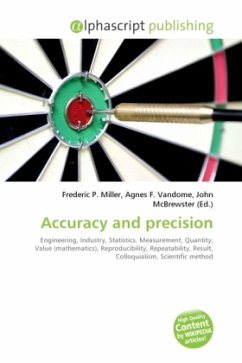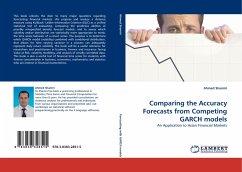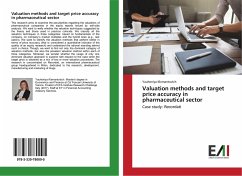
Accuracy and precision
Versandkostenfrei!
Versandfertig in 6-10 Tagen
30,99 €
inkl. MwSt.

PAYBACK Punkte
15 °P sammeln!
In the fields of engineering, industry and statistics, the accuracy of a measurement system is the degree of closeness of measurements of a quantity to its actual value. The precision of a measurement system, also called reproducibility or repeatability, is the degree to which repeated measurements under unchanged conditions show the same results. Although the two words can be synonymous in colloquial use, they are deliberately contrasted in the context of scientific method. A measurement system can be accurate but not precise, precise but not accurate, neither, or both. For example, if an exp...
In the fields of engineering, industry and statistics, the accuracy of a measurement system is the degree of closeness of measurements of a quantity to its actual value. The precision of a measurement system, also called reproducibility or repeatability, is the degree to which repeated measurements under unchanged conditions show the same results. Although the two words can be synonymous in colloquial use, they are deliberately contrasted in the context of scientific method. A measurement system can be accurate but not precise, precise but not accurate, neither, or both. For example, if an experiment contains a systematic error, then increasing the sample size generally increases precision but does not improve accuracy. Eliminating the systematic error improves accuracy but does not change precision. A measurement system is called valid if it is both accurate and precise. Related terms are bias and error, respectively. The terminology is also applied to indirect measurements, that is, values obtained by a computational procedure from observed data












